opening reception and artist’s talk on jan 24th. hope to see u there!
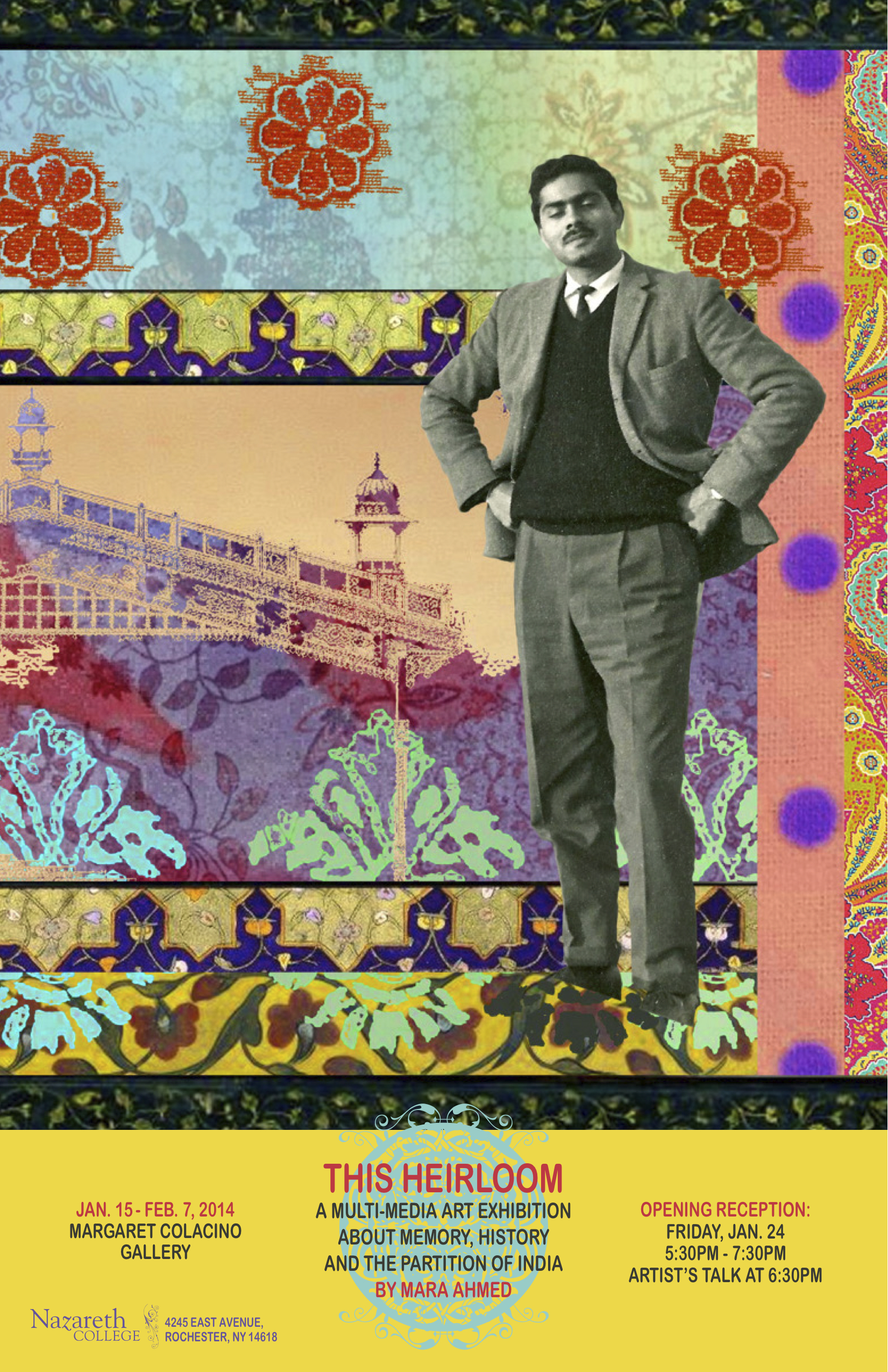
check out the press release for my upcoming multi-media art exhibition, jan 15 to feb 7, with an opening reception and artist’s talk on jan 24th. hope u can make it! more details here.
finished editing the video for my multi-media art exhibition which opens at the colacino gallery, nazareth college, jan 10, 2014. this is one of the pieces of music i’ve used in the video collage. it was played by ruth peck and recorded by dave sluberski. also used “ghost” and “salmon song” by the brilliant sunny zaman. can’t wait to see everything come together next year!
my documentary “pakistan one on one” was screened at hunerkada college of visual & performing arts in islamabad, pakistan, on oct 30, 2013. here are some pictures from that screening and trip.
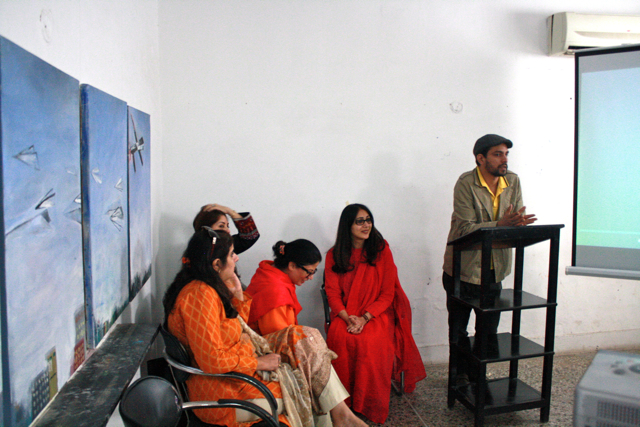
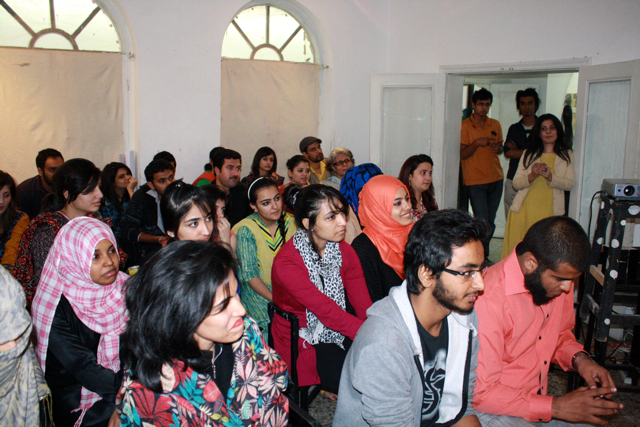


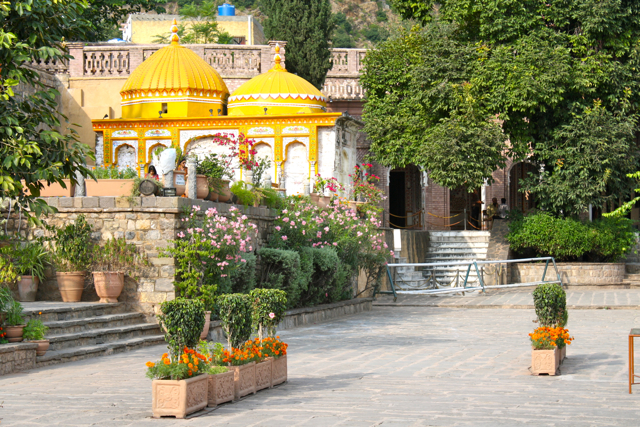
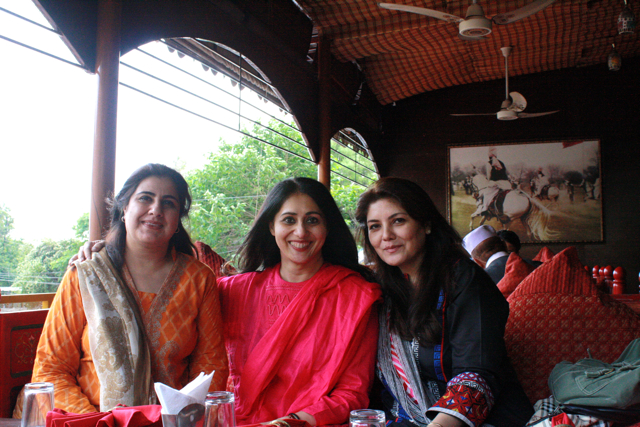

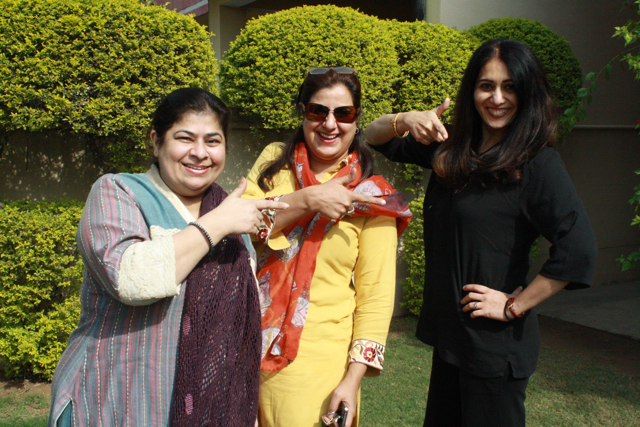
oct 19, 2013: presented a paper with my friend Rachel McGuire at the new creation conference at roberts wesleyan college today. the topic of our presentation was “eschatology and hospitality: an interfaith conversation.” we talked about hospitality as an equalizer of power – a way to restructure society. rachel spoke about prophets such as jesus and malcolm x who shake up oppressive power imbalances and decolonize our minds. i talked about amartya sen’s book “identity and violence: the illusion of destiny” and discussed complex, multi-faceted identities within each individual as opposed to cardboard stereotypes which pit unchanging, incompatible “cultures” against one another. we quoted jacques derrida, the letter to the hebrews, jesus, muhammad asad, and the andalusian sufi and poet ibn arabi. ours was the only interfaith presentation, presented by two people instead of one. it was academic but forcefully connected to our present reality. the response was brilliant. instead of one tentative question we got an array of questions and comments which ended up becoming a discussion. yay!!!
my co-presenter rachel is on my left and my friend eileen who was there to cheer us on, is on my right.

Sydney Pollock: Is starting hard?
Frank Gehry: You know it is. I don’t know what you do when you start, but I clean my desk. I make a lot of stupid appointments that I make sound important. Avoidance. Delay. Denial. I’m always scared that I’m not going to know what to do. It’s a terrifying moment. And then, when I start, I’m always amazed. ‘Oh, that wasn’t so bad.’
[From the documentary “Sketches of Frank Gehry”]

Ella Shohat: It was precisely the policing of cultural borders in Israel that led some of us to escape into the metropolises of syncretic identities. Yet, in an American context, we face again a hegemony that allows us to narrate a single Jewish memory, i.e., a European one. For those of us who don’t hide our Middle Easternness under one Jewish “we,” it becomes tougher and tougher to exist in an American context hostile to the very notion of Easterness. As an Arab Jew, I am often obliged to explain the “mysteries” of this oxymoronic entity. That we have spoken Arabic, not Yiddish; that for millennia our cultural creativity, secular and religious, had been largely articulated in Arabic (Maimonides being one of the few intellectuals to “make it” into the consciousness of the West); and that even the most religious of our communities in the Middle East and North Africa never expressed themselves in Yiddish-accented Hebrew prayers, nor did they practice liturgical-gestural norms and sartorial codes favoring the dark colors of centuries-ago Poland. Middle Eastern women similarly never wore wigs; their hair covers, if worn, consisted of different variations on regional clothing (and in the wake of British and French imperialism, many wore Western-style clothes). If you go to our synagogues, even in New York, Montreal, Paris or London, you’ll be amazed to hear the winding quarter tones of our music which the uninitiated might imagine to be coming from a mosque. More here.
…
talking about the notion of easternness, i am reading an excellent book called “good muslim, bad muslim” by mahmood mamdani. in the first chapter he discusses the idea of what we call the “west” and how it’s changed over time to become a racial identity rather than a geographical one. whatever exists on the periphery of the west is then called “east” or the orient. he talks v poignantly about this “blank darkness” (africa, pre-columbus america, etc) which cannot be categorized as either east or west. that’s a pretty large part of the world. the otherization of the east, esp islam, goes all the way back to the crusades.
i analyze this misguided need to partition identities into neat little boxes in a paper i’m writing which discusses “fractured identities.” i use al-andalus as an illustration of what that means.
Maria Rosa Menocal: One of the least appreciated features of Islamic culture, that vital part of it that comes directly from the poetry-loving and word-worshipping desert culture of the pre-Islamic Arabs, is the way that from the beginning it embraced the possibility of contradiction–as, I believe, poetry-centric cultures are bound to do. F. Scott Fitzgerald once famously said that the test of a first-rate mind was the ability to hold two contrary ideas at the same time. By that measure, which I think is essential for there to be true religious tolerance and the sort of cultural vitality that can come from that, Andalusian culture, and by extension much medieval European culture, was first-rate indeed. There are dozens and dozens of wonderful examples of this, little-known because we tell the story as if they, like us, were striving to be unified creatures: ergo, Arabs spoke Arabic, religious people were pious and would not have cultivated erotic poetry, and Christians spent all their time crusading against the enemy. more here.
saw “linsanity” and loved it. not only is it a well-produced, moving documentary but the man at the center of the film, jeremy lin, is captivating. unquestionable talent, impeccable work ethic, natural leadership skills, fearlessness and passion should have ensured a successful career in professional basketball, but lin had to struggle and prove himself non-stop. it was exhausting to watch it on film so i don’t know how he survived it in real life. the racism was relentless, whether it was the subtle kind that wouldn’t let him play in practice let alone in games, or the blatant kind where audiences shout racial slurs at him or sports commentators make fun of the “chink” in his armor. he talks about learning to laugh at the racial jokes rather than getting upset because he plays an awful game when he’s angry. for a young man in his early 20s to be able to process racism and continue to perform brilliantly is absolutely mind-blowing. many times some of his mannerism and wacky humor reminded me of my 18 yr old son. so proud of him!
had the pleasure of hosting 5 palestinian academics for dinner at our house last night. they are guests of the dept of state’s intl visitor leadership program and they’re all from the west bank. we had v interesting discussions about american perceptions vs palestinian reality. they were happy to learn about the witness palestine film festival and had much to say about the films we selected. we had home cooked aloo keema, daal and bhindi. sufian, who is a linguist, told me about the roots of urdu and other languages from the indian subcontinent. “see u in palestine” they said, as we said goodbye. from left: ekrema, sufian, mahmoud, myself, lourdes and luna.
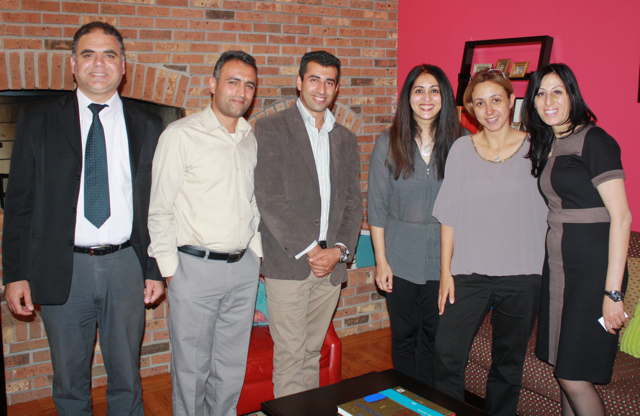
“the muslims i know” will be screened at the seattle south asian film festival on oct 6th. they’re skyping me in to take part in the community discussion that follows. the film premiered in 2008 – 5 years ago. this is pretty amazing. check out more info here.
jonathan kuttab, who is a leading human rights attorney and peace activist in israel/palestine and the co-founder of the palestinian center for the study of non-violence and the mandela institute for political prisoners, was here in rochester on sept 9-10 as a panelist for the witness palestine film series. in this picture, he is the man on my right. he talked about “thinking outside the box” and focusing on palestinian human rights issues rather than being embroiled in the useless and palsied rhetoric of “two state vs one state.” it’s interesting that ever since we had this conversation, the same idea has been echoed in both alternative and mainstream media. noam sheizaf wrote about it in +972 (“two state vs one state debate is a waste of time, political energy”) and yousef munayyer just published “thinking outside the two-state box” in the new yorker. he writes:
While the two-state solution might provide an answer to Israel’s identity crisis, it does little in terms of solving both the humanitarian and human-rights crisis facing Palestinians. In the best-case scenario, a Palestinian state would be demilitarized and have not a semblance of the sovereignty afforded to every other state in the international system. It would, more or less, be under glorified occupation. Palestinian refugees would not be permitted to return to their homes. The status of Jerusalem, having become so marred by Israeli settlement-building, would likely be indivisible and largely off limits to the Palestinian statelet.
Endlessly pursuing a two-state solution that is condemned to failure, simply out of a reluctance to challenge the core problem Zionism has created, leaves Palestinians subjugated and waiting. They have already been waiting for far too long, and we owe them more than just robotically returning to the two-state framework every time it fails.
[…] Recognizing that we have a “one-state problem” is the key to peace. The first step is ending discrimination in the law based on ethnicity or religion throughout the entirety of the territory. Palestinians must be part of shaping any future state they will live in, and they can do so only on equal footing with their Jewish counterparts before the law, not under military occupation. For the next steps, numerous historic examples of multi-ethnic democracies exist, including those that made transitions from parallel situations. South Africa is one. It is important to note that while each case is different, and no analogy is perfect, lessons learned from those experiences and examples can inform the path forward for Israelis and Palestinians, even as they simultaneously take into consideration the uniqueness of this case.

Please join WXXI, The Little Theatre & Nazareth College in celebrating the 12 films that were selected as finalists for the 2013 Rochester Teen Film Festival, on Wed August 7th at 5:15pm at the Little Theatre. The event is free and open to the public. I will be presenting a couple of awards. Hope to see you there!